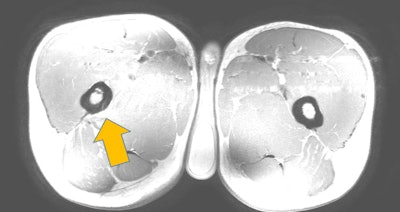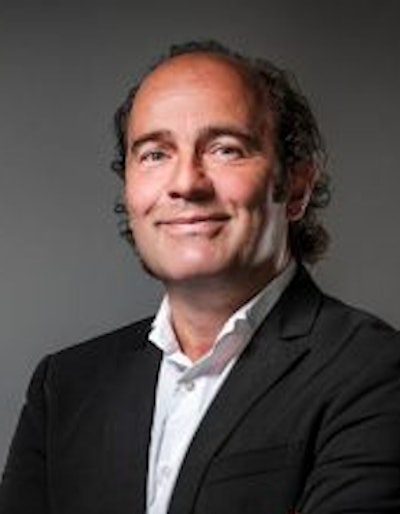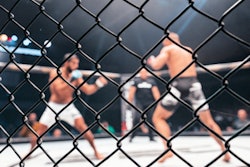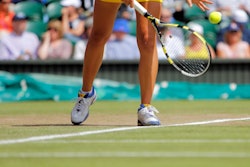
The clinical skills radiologists bring to multidisciplinary care teams for elite athletes are crucial, to be sure, but so are "soft" skills like humility and adaptability, according to a session held on March 3 at the ECR 2022 Overture.
 Dr. Mario Maas.
Dr. Mario Maas.Working with a team of specialists to treat injured athletes requires sensitivity and a willingness to learn from others, presenters Dr. Gino Kerkhoffs, PhD, and Dr. Mario Maas, both of the University of Amsterdam, told session attendees. Kerkhoffs serves as chair and Maas as cochair of the Academic Center for Evidence-based Sports Medicine (ACES).
"Non-technical skills are qualities you need to be a good [partner] in multidisciplinary work [with athletes]," Maas said.
These skills help the team come to accurate diagnosis, Kerkhoffs noted.
"[Effective care for injured athletes is like a] stairway -- and the first step is getting the right diagnosis," he said. "Without the right diagnosis, there's no stairway."
 Posteromedial stress fracture in right femur in long distance marathon runner. Image courtesy of Dr. Gino Kerkhoffs, PhD, and Dr. Mario Maas.
Posteromedial stress fracture in right femur in long distance marathon runner. Image courtesy of Dr. Gino Kerkhoffs, PhD, and Dr. Mario Maas.In the session, the two highlighted some of these important relational skills:
- Humility and courage. "These go hand and hand," Maas said. "[The specialist] can read MRI of ankle like any radiologist because he's so experienced at MRI of ankle. If I try to outsmart him, I've lost my case instantly. But I also need to have the courage to step up and say 'I have more information [for you to consider]. Did you look at this, did you look at that?' "
- Learnability. "Every session is a learning session," Maas explained. "We learn from each other, from patients, from technicians. We're learning all the time."
- Humor. If there's no humor -- if you can't laugh with each other -- it's not worth working," Maas said. "Tailor it, but it should be there."
- Adaptability and situational awareness. "I need to adapt to whatever [the specialist] brings into my reading room," Maas noted. "When the patient enters the MRI suite, we may not have all of the information [about the injury. Listen to the orthopedic surgeon's story of the patient] and adjust your reading to take the new information into account."
 Dr. Gino Kerkhoffs.
Dr. Gino Kerkhoffs.Kerkoffs and Maas offered suggestions about how radiologists can apply relational skills while part of a multidisciplinary team caring for injured athletes, including the following:
- Communication is crucial. Engage your physician colleagues in dialogue.
- Respect the strengths and weaknesses of referring physicians.
- Consider potential knowledge gaps your clinical partners may bring to the case presented.
- Understand clinical options and present them clearly.
- Speak up when you think information you have would benefit the patient -- but not when your ego is bruised.
Being part of a multidisciplinary crew that's caring for injured elite athletes is both rewarding and challenging, and teamwork is key, Kerkhoffs and Maas concluded.
"We need each other to get to the right diagnosis," Kerkhoffs said.





















